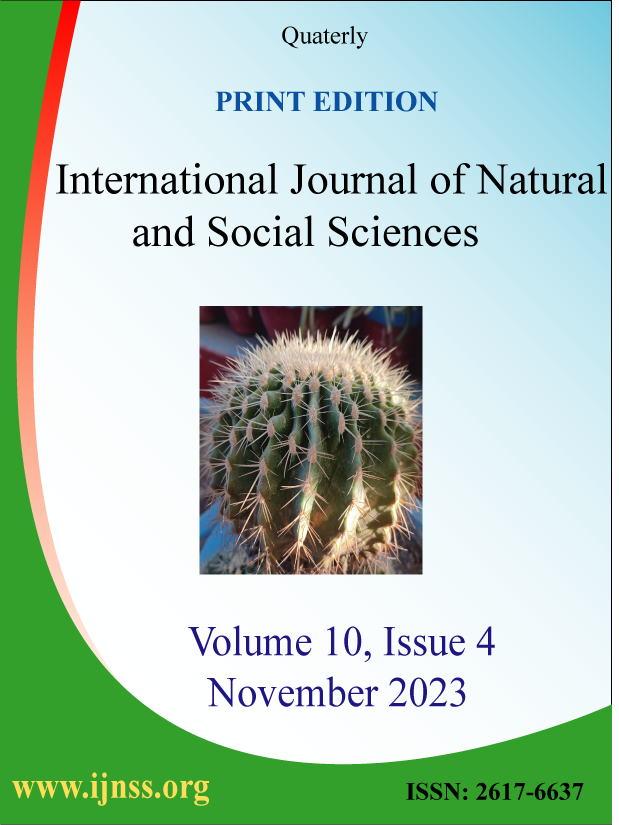Evaluation of quality of biscuits prepared from wheat flour and cassava flour
Muhammad Mahbub Sobhan1, Raju Ahmmed1![]()
![]() , Md. Nazmul Islam Mazumder2, Md. Abdul Alim1
, Md. Nazmul Islam Mazumder2, Md. Abdul Alim1
1Department of Food Technology and Rural Industries, Bangladesh Agricultural University, Mymensingh-2202, Bangladesh
2Bangladesh Institute of Nuclear Agriculture, Mymensingh-2202, Bangladesh
ABSTRACT Full Text (HTML) (PDF)
This study reports on processing of biscuits using skinned, treated and dried cassava flour. Five samples of biscuits S2, S3, S4, S5 and S6 containing 8, 16, 24, 32 and 40% cassava flour with wheat flour and a control sample (S1) containing no cassava flour were processed. The weights of all the biscuit samples were higher than that of control biscuit. The biscuit containing cassava flour was lower width than the control biscuit. The spread ratio of biscuits with 16% cassava flour was higher than other combinations of cassava flour. No remarkable changes in moisture content, peroxide value, fatty acid value, texture and flavor were observed up to 4 months of storage in ambient conditions (27° to 35°C). A decreasing trend in color, flavor, texture and overall acceptability was observed with the increased incorporation of cassava flour. The sample S1 (no cassava flour) secured the highest overall acceptability and sample S6 (40% cassava flour) obtained the lowest overall acceptability. It is recommended that good quality cassava flour fortified biscuits may be processed in industrial scale substituting the wheat flour by cassava flour up to 24% levels.
Keywords: Cassava flour, wheat flour, shelf life, spread ratio, storage, biscuit
![]() Corresponding author. Tel.: +88 01722979157
Corresponding author. Tel.: +88 01722979157
E-mail address: rahmmed.bau@gmail.com (R Ahmmed)






